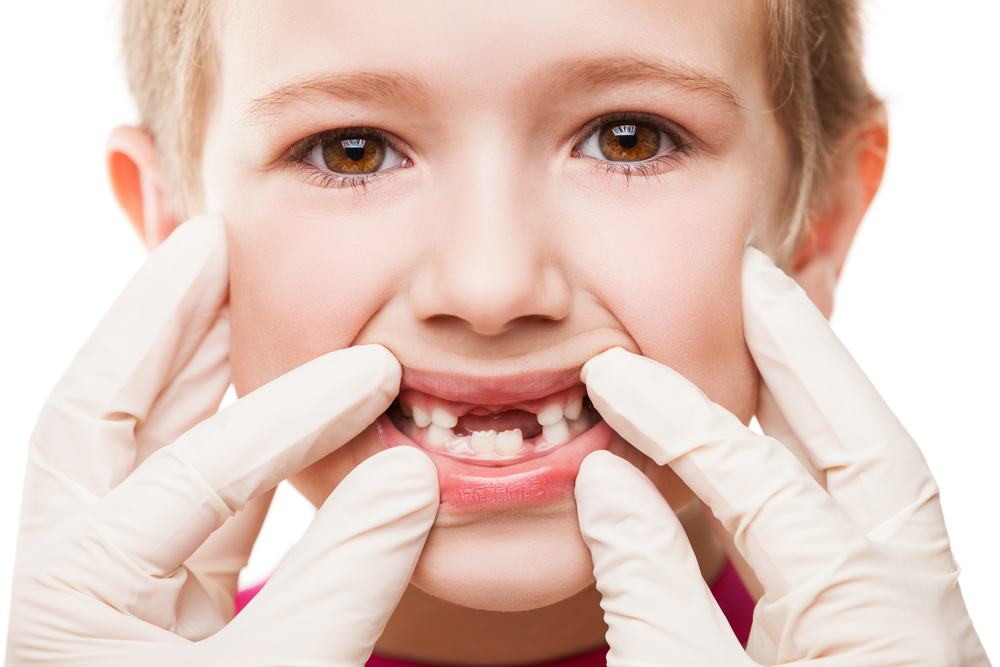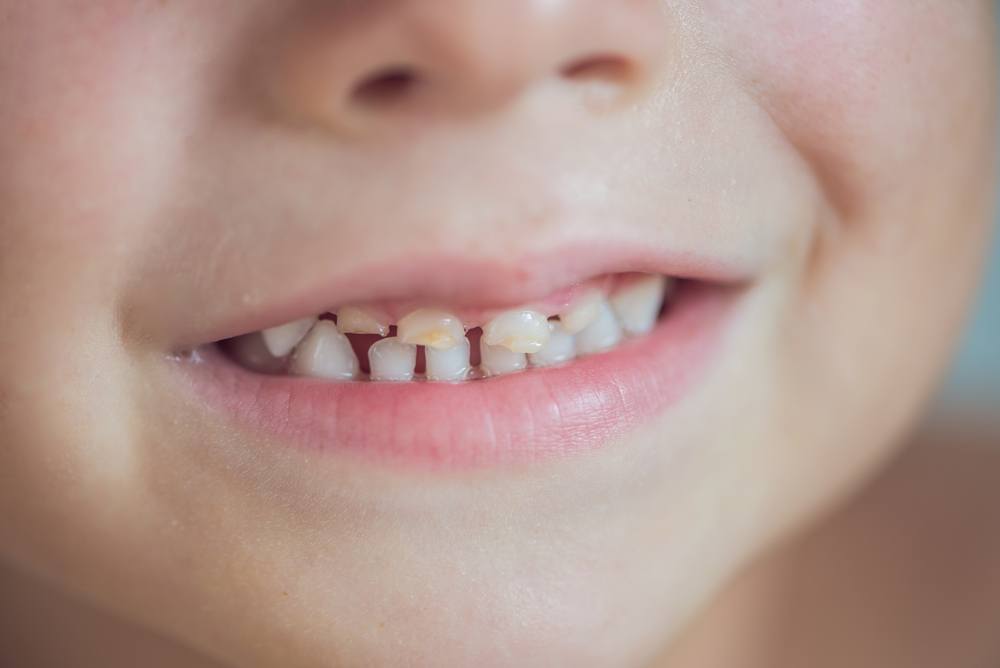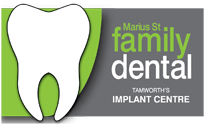Why do children's teeth decay faster than adults?
- Baby teeth (primary teeth) are very different to adult teeth (permanent teeth). They are much softer and the outside bit that protects them (enamel) has a lot less mineral in it than adult teeth. So once a bit of decay starts, it spreads really quickly. Whereas in adult teeth, decay can progress very slowly (years), in children it can be a matter of months. Baby teeth also have much bigger pulps meaning that the decay hits the nerves inside the tooth much faster and causes pain. This means more involved and expensive treatment than just a filling. Children feel things differently to us adults, and often won't say anything if something is feeling off.
- Diet: a huge part of decay is diet. Children tend to have a sweet tooth and also love to eat often. Anything sugary or containing simple carbohydrates like bread, juices, soft drinks, biscuits and sweets will give the bacteria in their mouth food to thrive on. It is less about the amount of sugar and more about how often they are having it.
- Brushing. Did you know children don't really develop the manual dexterity to be able to brush their teeth properly until the age of 6? This means before this age, they do need help from their parents. It is very common that toothbrushing gets skimmed over and critical areas are missed, meaning bacteria is left there to cause decay.
- Fluoride: fluoride helps to strengthen the outside of the tooth and prevent decay spreading. As children tend to swallow a lot more toothpaste (they have not fully developed the ability to 'spit) and because they are still growing, we want to make sure they aren't swallowing too much fluoride. Children's toothpaste has less fluoride in it so they get less of these protective effects.


What can I do?
- Replace any sugary drinks with plain water. Making sure your child is hydrated is really important.
- Drink plain water after having anything sweet or acidic
- Diet and risk assessment: how high is the risk of decay in your child? How can we lower this?
- Personalised oral hygiene care plan: brushing someone elses teeth is hard! Let our preventative team work together with you and your child to see if you still need to help your child brush their teeth, and also, how to do this!
- Get to any decay quickly! Children need to be checked more often than adults due to the fact that decay spreads so quickly and is very difficult to treat. Also, if there is decay on one tooth, the bacteria from that spread to the other teeth as well.
- Work with us to make sure your child develops a positive attitude towards their oral health. If we can get them to take pride in their pearly whites, and enjoy taking care of them, then they are much better off in the long run.
